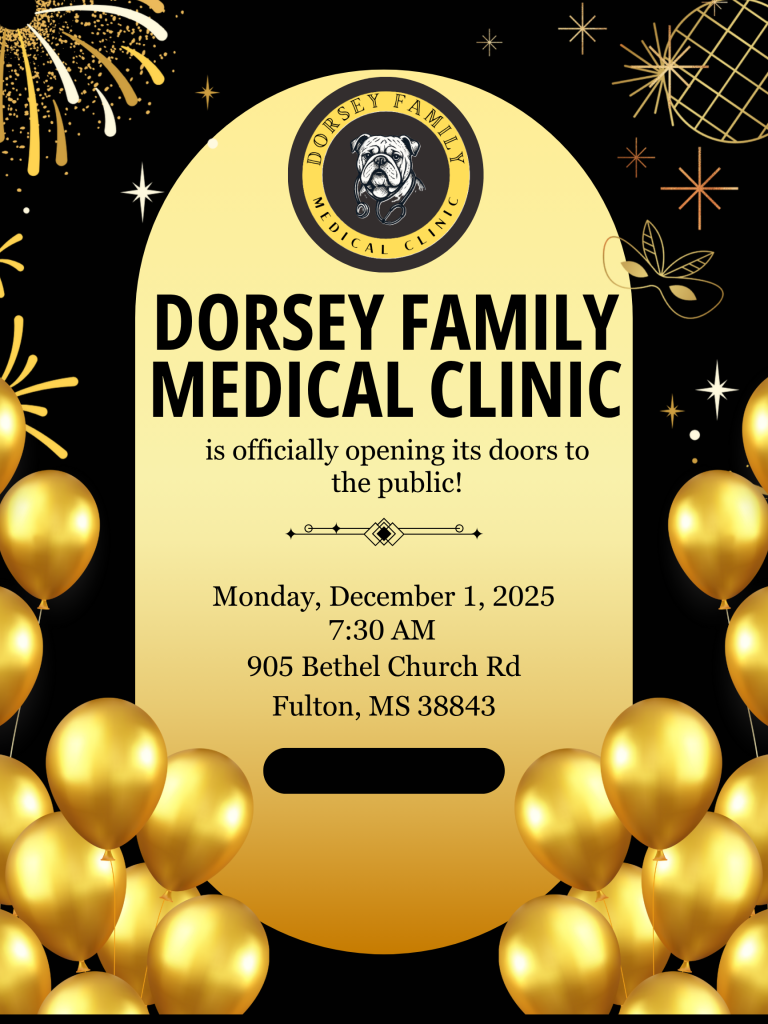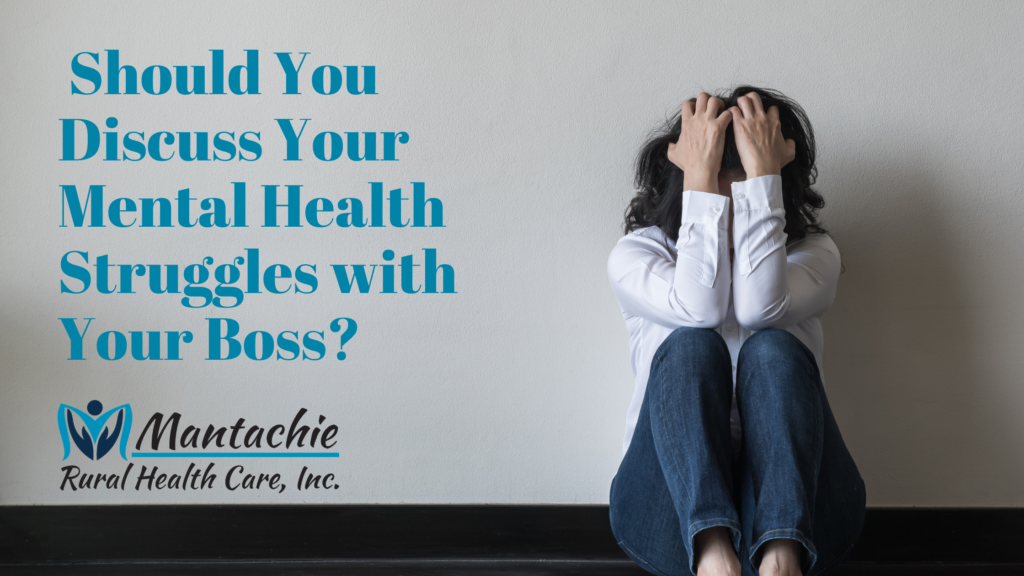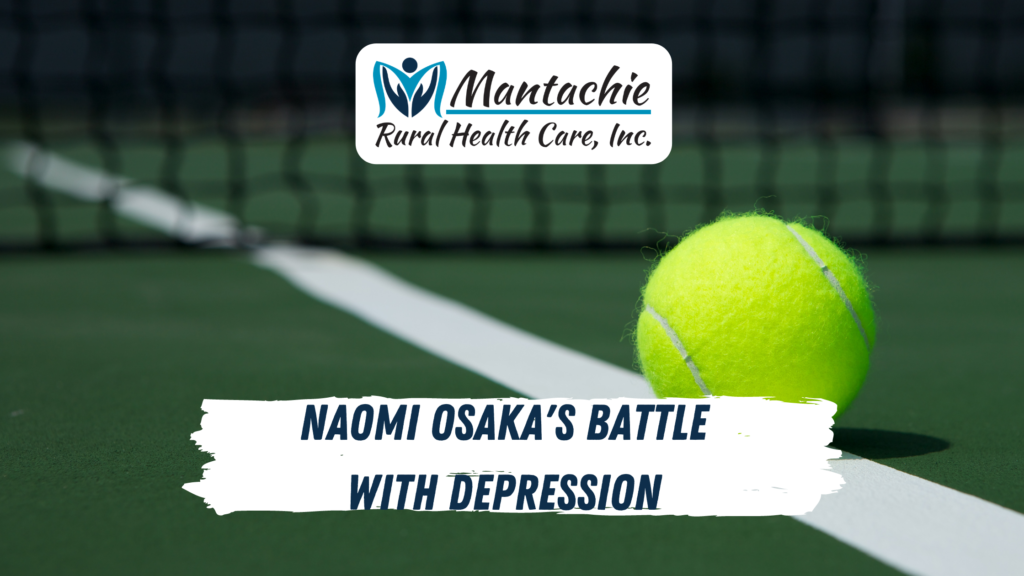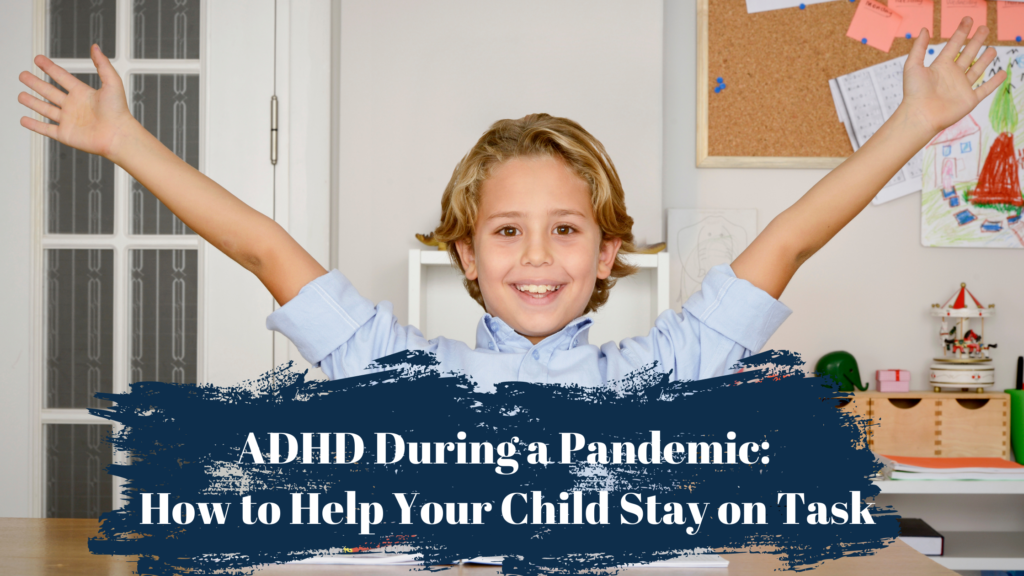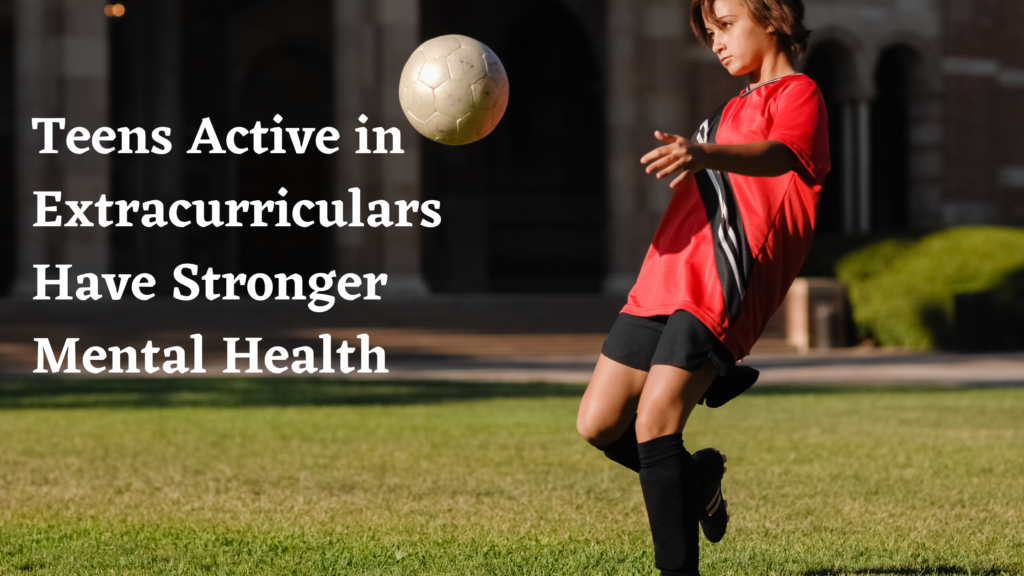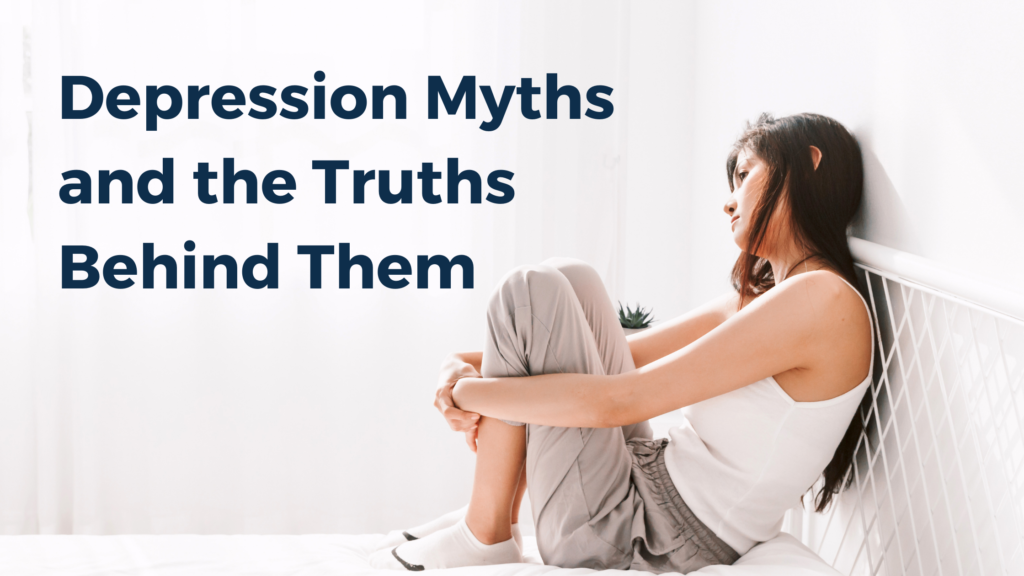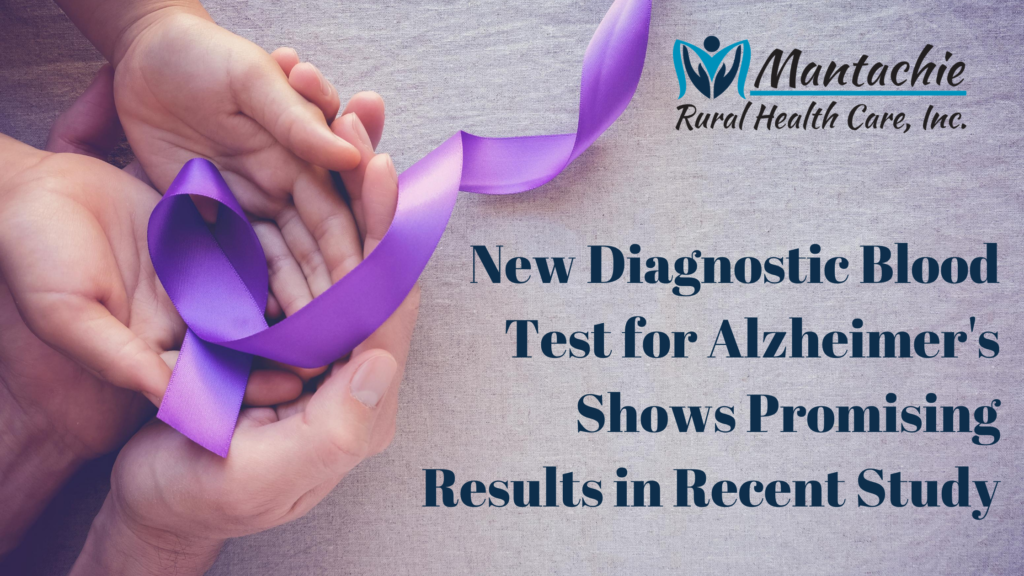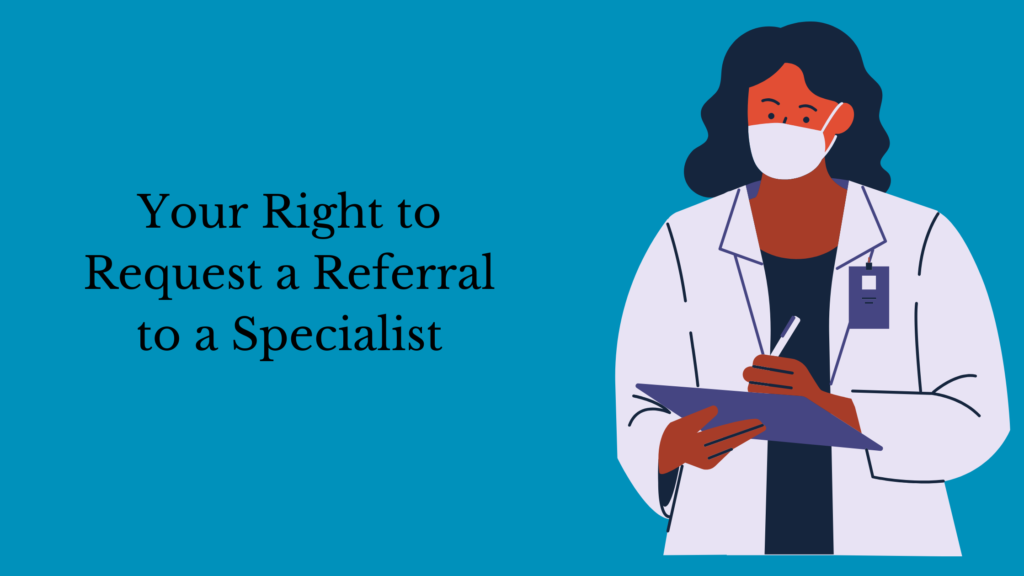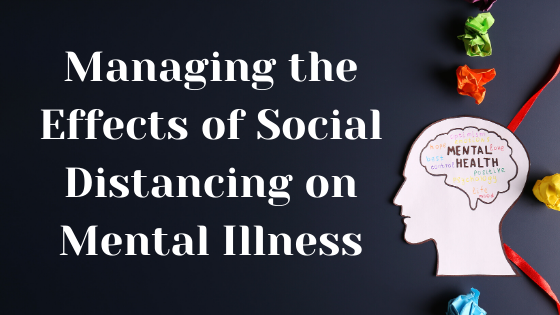
September is National Recovery Month. It’s a time to bring awareness to the importance of recovery from a drug or alcohol addiction or a mental health trauma.
Why Addiction Recovery and Overdose Awareness is Important for Everyone
Since 1999, nearly 841,000 people have died from a drug overdose. In 2019 alone, over 70,500 overdose deaths occurred in the United States. That number continues to increase each year and our country hasn’t experienced a significant decrease in overdose deaths in many years.
If these numbers aren’t reason enough to care about drug addiction overdoses and recovery, perhaps understanding that drug addiction can affect any person from any walk of life will get your attention. That’s right, you and your family members are not exempt from experiencing drug or alcohol addiction no matter how good of a lifestyle you try to live. It can and does happen to all types of people.
Drug overdoses are a leading cause of injury death in the US among people ages 25 to 64. Adults aren’t the only ones at risk, however. More than 4,770 teens also died from a drug overdose in 2019. Nearly 3,320 teenage boys passed away from a drug overdose that year while just under 1,500 teen girls also died from the same cause. The overwhelming majority of these deaths were caused by opioids.
What You Need to Know About Opioids and Overdoses
Opioids, especially synthetic opioids, are the number one cause of overdose deaths in the United States. Synthetic opioids, excluding methadone, accounted for nearly 73% of opioid-related overdose deaths in 2019. In total, opioids were involved in nearly 50,000 overdose deaths that same year.
Overdoses typically occur within 1-3 hours of using the drug and despite what many falsely believe, an overdose can happen the very first time you use a substance like opioids or amphetamines. Mixing opiate drugs with other depressants like alcohol or benzodiazepines greatly increases the risk of an overdose death as does combining them with a psychostimulant like methamphetamine. Using pure heroin after regularly using heroin that has been “cut” with another substance like sugar can also lead to an overdose.
The Truth About Recovery and Overdosing
Relapsing after spending time not using your drug of choice also increases your risk of overdose death. That’s why support during recovery from drug addiction or alcoholism is so important to success. Addicts are more likely to relapse if they feel they lack a support system or are still receiving criticism for their past choices from those who should be lending their support.
Addicts are considered in remission from substance addiction five years after addiction recovery begins. If you relapse and survive, don’t let your recurrence be a reason to wallow in your addiction. Recurrence is normal for most addicts but doesn’t mean they aren’t capable of staying sober. It can take time for an addict to adjust to their new life post-addiction. The important thing to remember is not to give up hope no matter if you are an addict or a loved one of an addict.
Like with other health conditions, early intervention can lead to earlier remission from addiction. If you or someone you love has recently started a new drug addiction, there is still time to get on the path to a faster recovery.
You should know that there is no one perfect path to recovery. Many addicts find pharmacological, social, and psychological treatments to be helpful while some are able to recover without formal help. Any of these options are acceptable as long as they truly lead to remission.
Addiction treatment and counseling is one of several behavioral health services we offer at Mantachie Rural Health Care. For more information or to make an appointment, click here.
